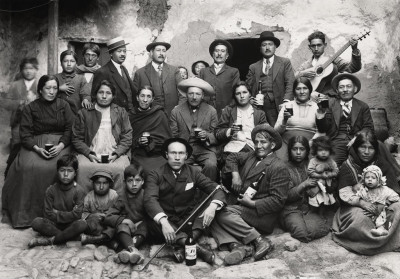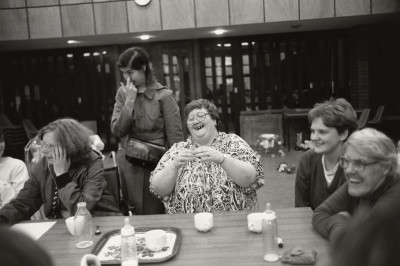
Juchitán
Graciela Iturbide
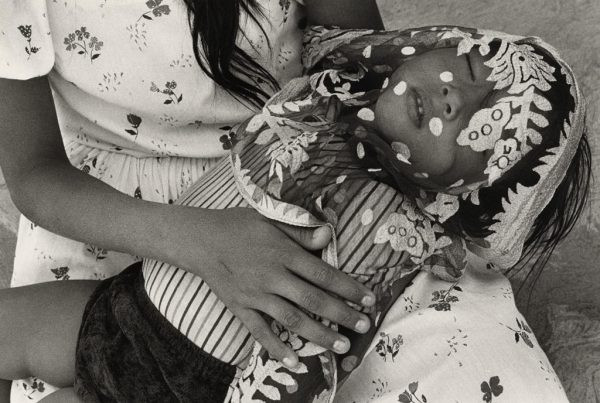
Juchitán
Graciela Iturbide
- Photographic
- Communities
- International Documentary
- Portraits
- 1980 – 1989
- World
Juchitán is Graciela Iturbide’s photographic exploration of a matriarchal Zapotec community in Oaxaca, Mexico, made in the early 1980s. The series documents a culture in which women hold central economic and social roles, and where diverse gender identities and sexualities are embraced. The photographs reflect Iturbide’s distinctive approach, combining the sensibilities of documentary with moments of dreamlike intensity and constructed imagery.
The work was exhibited at Side Gallery in 1987, during Iturbide’s visit to Newcastle, where she also brought Women in the Mexican Revolution, a historical exhibition she had helped curate. Her practice had already influenced the Amber collective through her invitation to Sirkka-Liisa Konttinen and other members to exhibit in Mexico. At Side, Juchitán was seen as an extension of the gallery’s commitment to representing marginalised communities, but through an aesthetic that blurred the line between record and allegory.
During her time in North East England, Iturbide also produced Belmont Day Out, a portrait of Newcastle mothers and toddlers on a trip to South Shields. The project, sometimes referred to as A Mexican on Tyneside, added a reciprocal layer to the collaboration, connecting her gaze with the local communities Amber had long worked with, and linking global traditions of documentary photography through shared values of dignity, identity and everyday life.
Graciela Iturbide is a renowned Mexican photographer whose black-and-white images explore themes of ritual, identity and daily life across Mexico and beyond. Born in Mexico City in 1942, she trained under Manuel Álvarez Bravo and developed a distinctive documentary style grounded in symbolism, cultural observation and human connection. Her long-term projects have focused on Indigenous communities, religious iconography and the visual traces of tradition and transformation.
Iturbide’s work has been widely exhibited and collected internationally, and has formed part of Side Gallery’s programme since the 1980s. Her connection with Amber and Side sits within a broader dialogue between socially engaged photographic practices in Latin America and the North of England. Iturbide’s work continues to shape international understandings of community, dignity and belonging through photography.
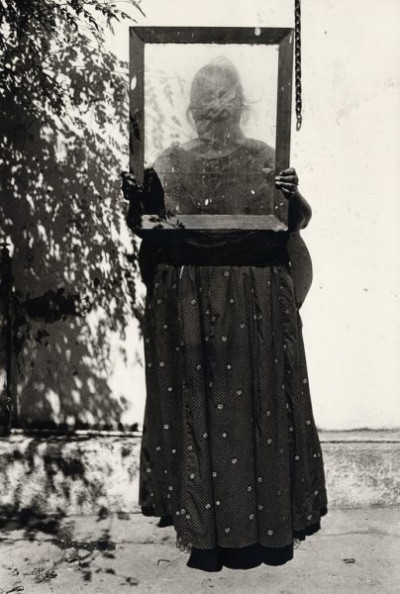
Juchitán, 1980s
- Ref: 050-007-PBW
- Date: 1980s
- Artist: Graciela Iturbide
- Copyright: © Graciela Iturbide
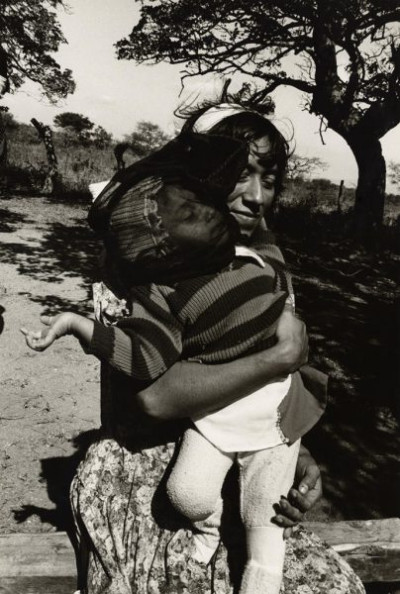
Juchitán, 1980s
- Ref: 050-002-PBW
- Date: 1980s
- Artist: Graciela Iturbide
- Copyright: © Graciela Iturbide
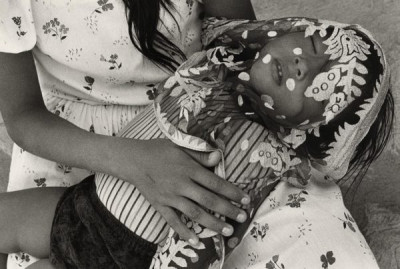
Juchitán, 1980s
- Ref: 050-006-LBW
- Date: 1980s
- Artist: Graciela Iturbide
- Copyright: © Graciela Iturbide
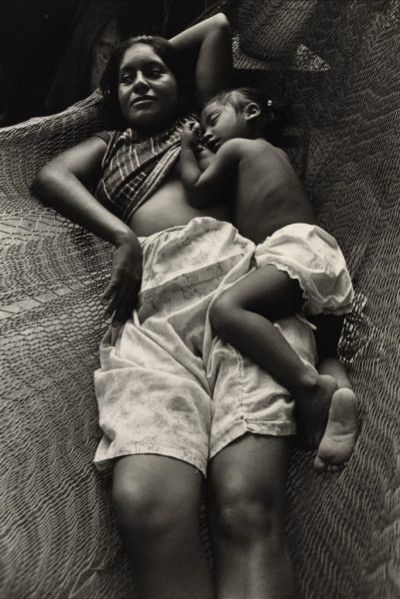
Juchitán, 1980s
- Ref: 050-005-PBW
- Date: 1980s
- Artist: Graciela Iturbide
- Copyright: © Graciela Iturbide
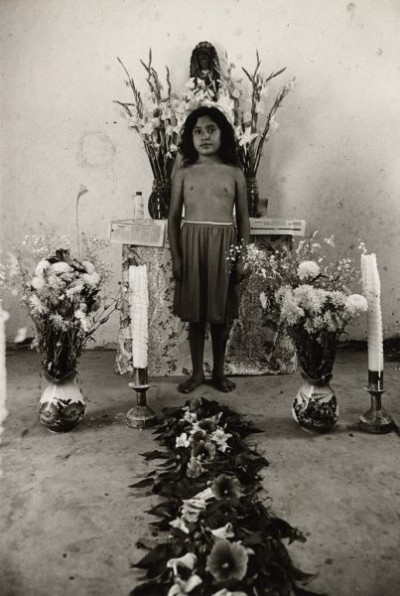
Juchitán, 1980s
- Ref: 050-009-PBW
- Date: 1980s
- Artist: Graciela Iturbide
- Copyright: © Graciela Iturbide
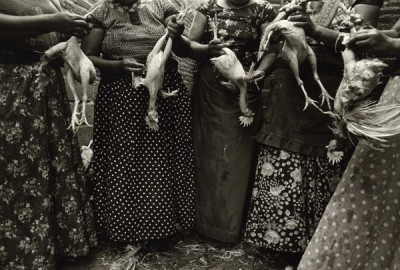
Juchitán, 1980s
- Ref: 050-014-LBW
- Date: 1980s
- Artist: Graciela Iturbide
- Copyright: © Graciela Iturbide
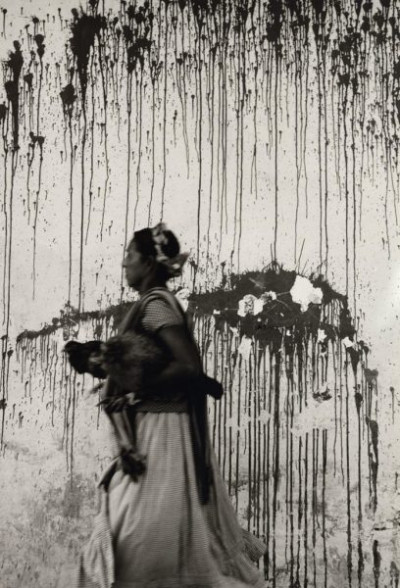
Juchitán, 1980s
- Ref: 050-019-PBW
- Date: 1980s
- Artist: Graciela Iturbide
- Copyright: © Graciela Iturbide
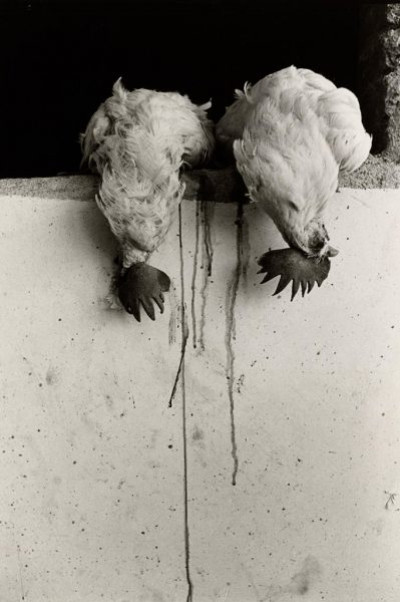
Juchitán, 1980s
- Ref: 050-018-PBW
- Date: 1980s
- Artist: Graciela Iturbide
- Copyright: © Graciela Iturbide
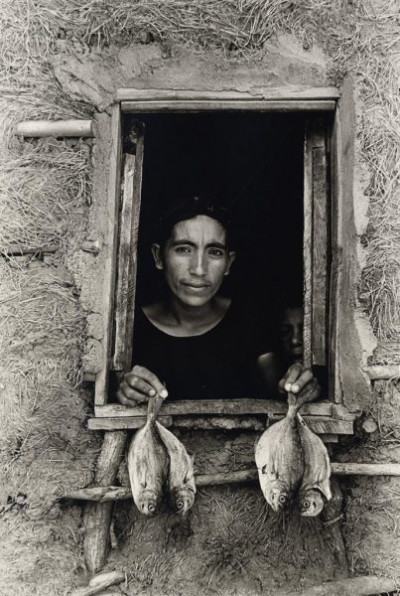
Juchitán, 1980s
- Ref: 050-013-PBW
- Date: 1980s
- Artist: Graciela Iturbide
- Copyright: © Graciela Iturbide
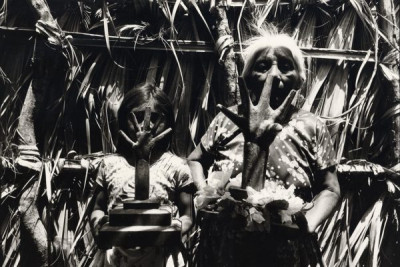
Juchitán, 1980s
- Ref: 050-011-LBW
- Date: 1980s
- Artist: Graciela Iturbide
- Copyright: © Graciela Iturbide
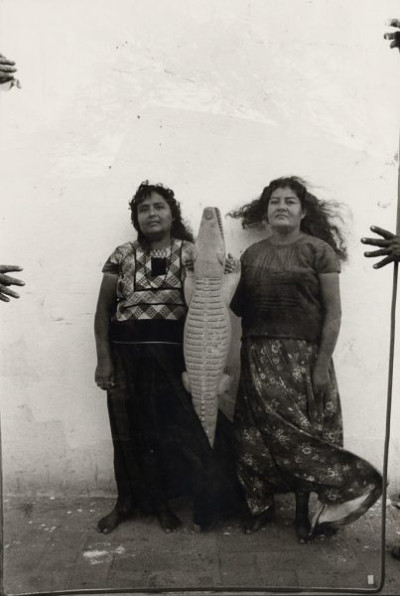
Juchitán, 1980s
- Ref: 050-021-PBW
- Date: 1980s
- Artist: Graciela Iturbide
- Copyright: © Graciela Iturbide
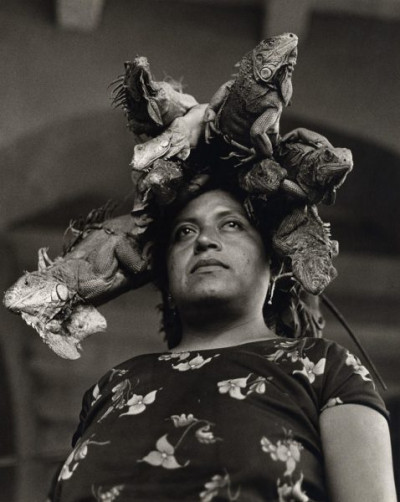
Juchitán, 1980s
- Ref: 050-015-PBW
- Date: 1980s
- Artist: Graciela Iturbide
- Copyright: © Graciela Iturbide
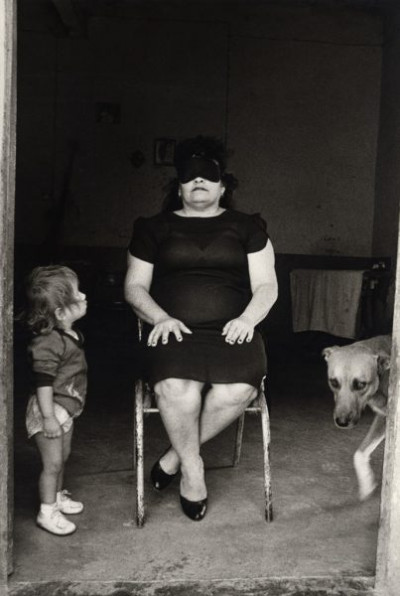
Juchitán, 1980s
- Ref: 050-004-PBW
- Date: 1980s
- Artist: Graciela Iturbide
- Copyright: © Graciela Iturbide
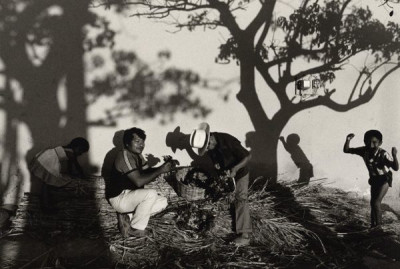
Juchitán, 1980s
- Ref: 050-010-LBW
- Date: 1980s
- Artist: Graciela Iturbide
- Copyright: © Graciela Iturbide
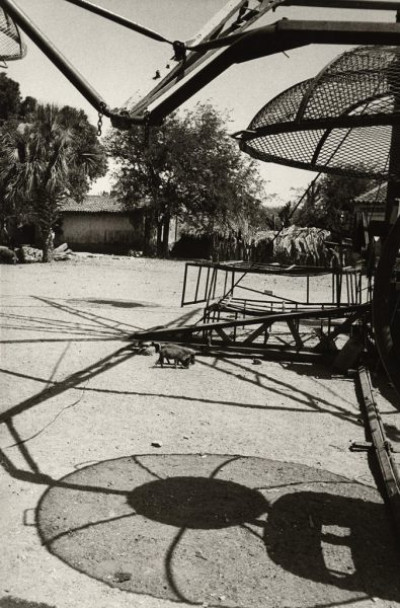
Juchitán, 1980s
- Ref: 050-012-PBW
- Date: 1980s
- Artist: Graciela Iturbide
- Copyright: © Graciela Iturbide
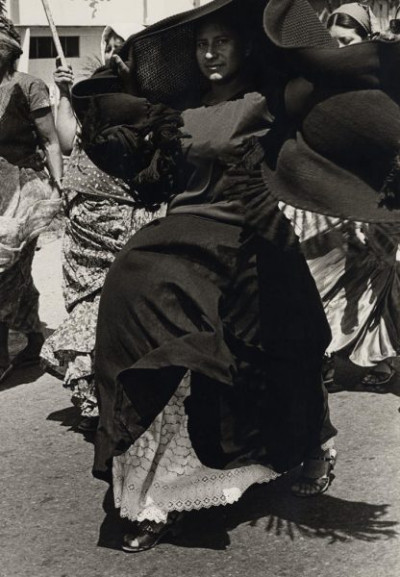
Juchitán, 1980s
- Ref: 050-020-PBW
- Date: 1980s
- Artist: Graciela Iturbide
- Copyright: © Graciela Iturbide
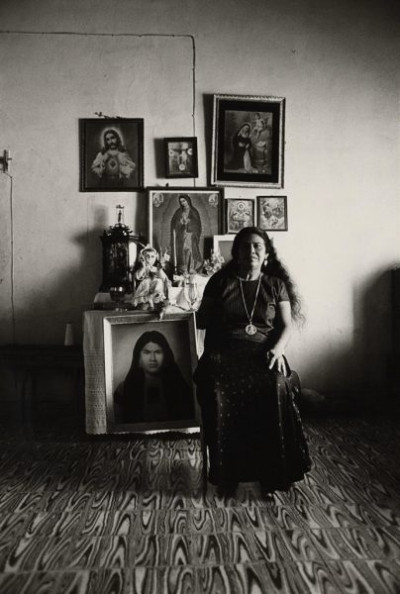
Juchitán, 1980s
- Ref: 050-001-PBW
- Date: 1980s
- Artist: Graciela Iturbide
- Copyright: © Graciela Iturbide
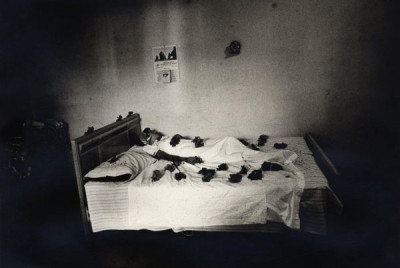
Juchitán, 1980s
- Ref: 050-008-LBW
- Date: 1980s
- Artist: Graciela Iturbide
- Copyright: © Graciela Iturbide
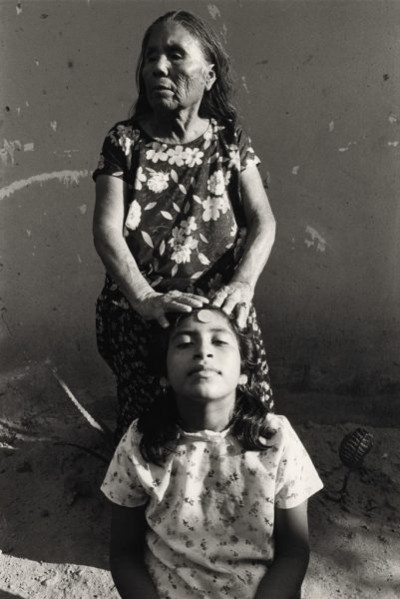
Juchitán, 1980s
- Ref: 050-017-PBW
- Date: 1980s
- Artist: Graciela Iturbide
- Copyright: © Graciela Iturbide
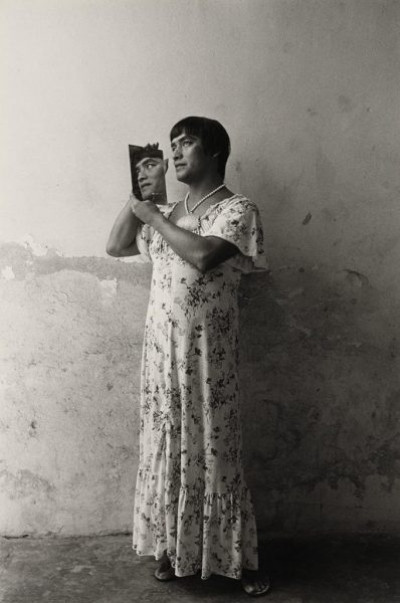
Juchitán, 1980s
- Ref: 050-016-PBW
- Date: 1980s
- Artist: Graciela Iturbide
- Copyright: © Graciela Iturbide
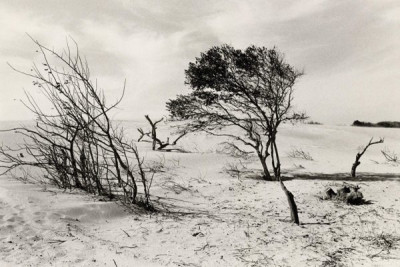
Juchitán, 1980s
- Ref: 050-003-LBW
- Date: 1980s
- Artist: Graciela Iturbide
- Copyright: © Graciela Iturbide
Related Works

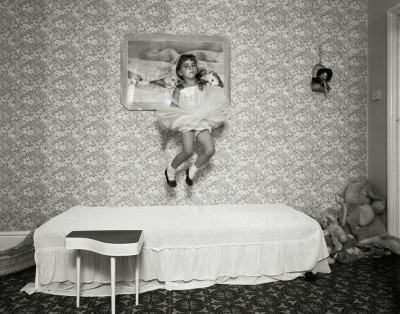
Step by Step
Sirkka-Liisa Konttinen
Photographic
